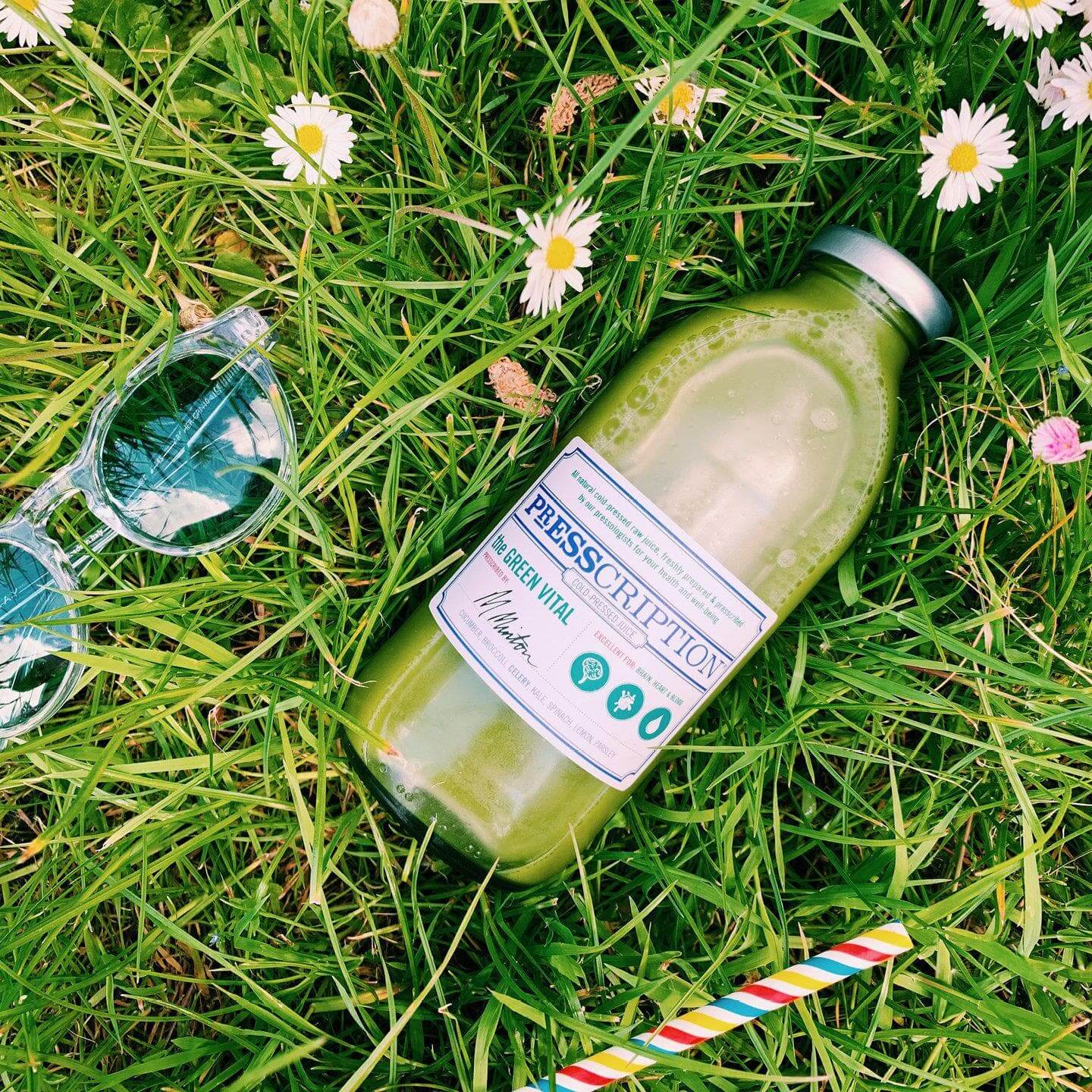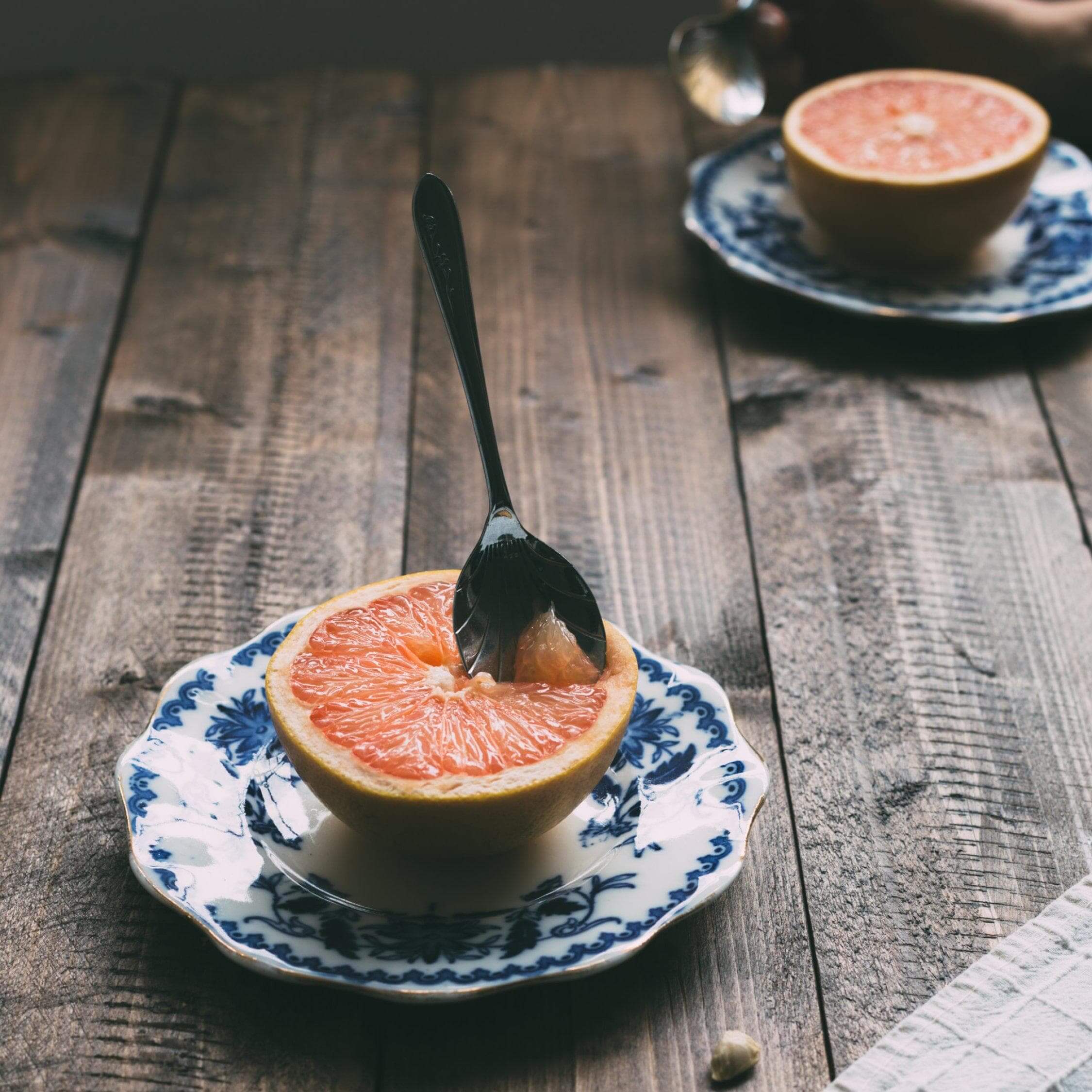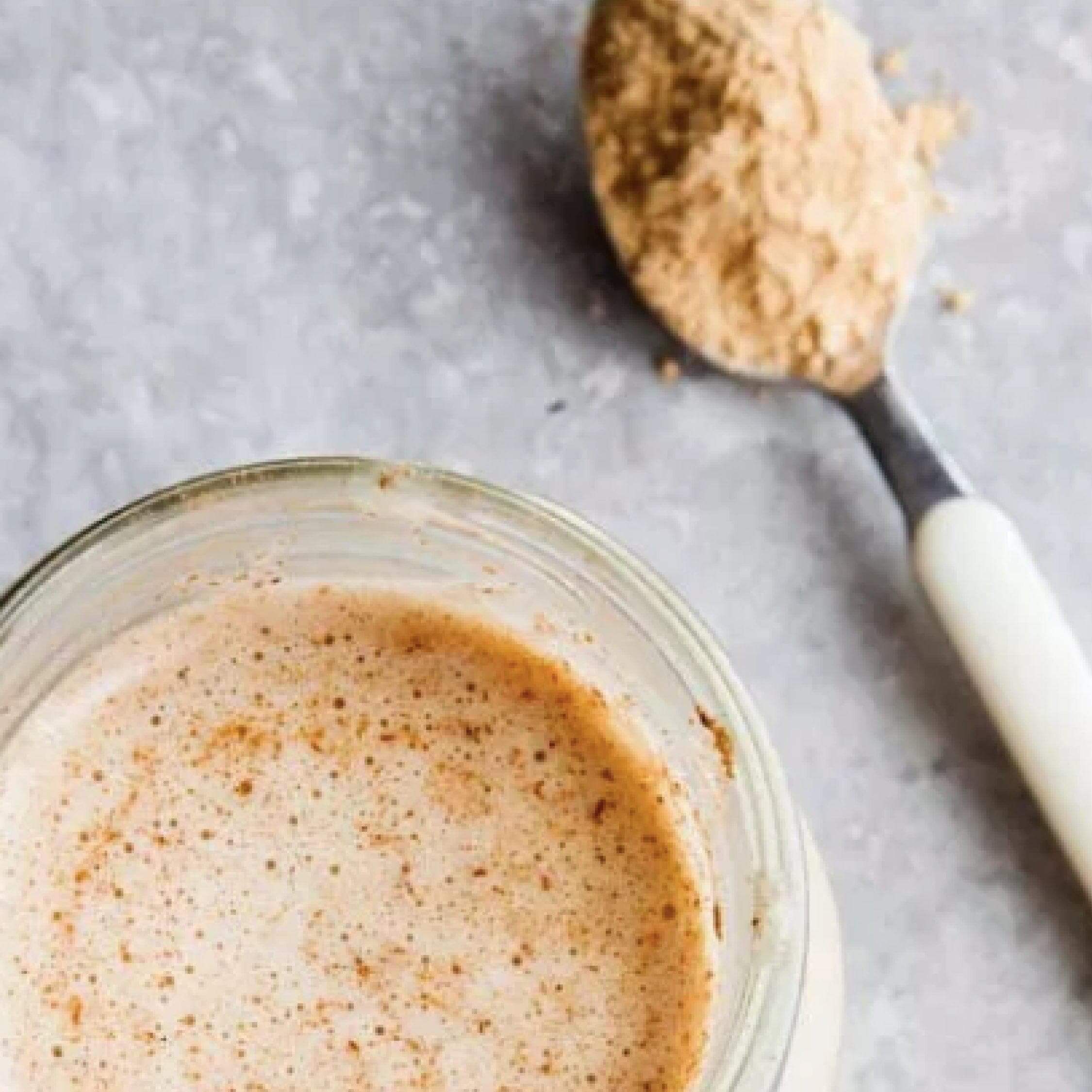Is a juice
cleanse the
same as
a fast?
We thought it was about high time we collaborated with a Nutritional Therapist on a post about fasting because, in case you hadn’t noticed, it’s all the rage. At Presscription we love a wellness trend because we think that a little self-experimentation in the pursuit of optimum health never hurt, but it’s even better when these ‘trends’ end up providing benefits and positive outcomes...did someone say celery juice??
--
@gracekingswell
So, first things first, fasting isn’t a trend. Well, it is and it isn’t. Humans have been inadvertently fasting for centuries and it’s only now, in times of plenty, that we’ve had to come up with a way of bringing it back into the mainstream. Having a stable food supply, and one that is laden with high calorie and energy dense foods, is a recent phenomena. Our bodies are adapted and have evolved to go long periods of time without a huge feed and then, when we did hunt and kill something we’d feast on that for a time before going back to foraging for berries and tubers and consuming far less calories for a time.
Unless you have a blood sugar condition, like diabetes for example, then there really is no reason that you’d need to eat “little and often,” like we’ve been indoctrinated into thinking over the last couple of decades. And as a disclaimer, before embarking on any longer fasts you might want to check with your GP whether there are any underlying health concerns that might pose a problem to you.
It’s sounding serious already, but it really shouldn’t be - there are many different types of fasts and you’d be surprised to know that not all of them involve total food restriction - a fast can simply be a period of a significantly lower calorie intake. That might be music to your ears if you want to reap some of the benefits of fasting but don’t think you can go it on water alone. More on that later...

The Presscription Celery Juice Cleanse (as seen above) is a great way to start your morning. The benefits of drinking 500ml of pure celery juice (no lemon juice or cucumber added), have been reported as better and sustained energy, smoother digestion and clearer skin. Plus, it's a hefty dose of hydration, vitamins and minerals first thing in the a.m. which can only be a good thing.
--
The 16:8 fast
The most ‘popular’ type of fast, and by far the easiest is what’s called a 16:8. Essentially, you fast for 16 hours and feed during an 8 hour window. The simplest way to do this is to finish eating your evening meal by at least 8pm and then not having your next meal until midday the next day. The reason it’s ‘easy’ is because we all fast overnight for 8 hours, so in essence it’s only forgoing your breakfast in the morning that’s the hard part. Similarly you can do the same 16:8 by skipping your evening meal. This might actually be more beneficial for the body as we know that sleep is improved when we’re not still trying to digest a big meal, but it is certainly harder socially to do it this way round.
What actually is fasting?
When we finish a meal and stop eating we enter what’s called the postprandial state, pradial just meaning ‘relating to dinner or lunch.’ This phase lasts for 4 hours, and it also takes 4 hours for the food you’ve just eaten to leave your stomach and enter the intestinal tract; hence why you should at least wait 4 hours between meals.
After these first 4 hours you enter another phase called the post-absorptive state. During the first 4 hours our bodies are digesting our food, breaking it down and absorbing what nutrients it wants - hence, when this finishes we move on past absorption to actually breaking down our body’s reserves of stored energy - namely glycogen, which is what carbohydrates are stored as, and some fat too. This period lasts for 6 hours.
Now, clearly, if you eat every 4 hours then you will never enter this phase where you body needs to look elsewhere for fuel. It’s only after these 10 hours that the “burning fat for fuel” comes in to play and some of the other studied benefits of fasting too, such as cellular repair, increased longevity and a more balanced blood sugar.
So, what about a juice cleanse?
A juice cleanse can be seen as a period of calorie restricted feeding which can still deliver health benefits in the sense that it frees up energy for vital bodily processes other than digestion. It can also be a great way to get into longer periods of fasting if you’re new to either time restricted feeding or fasting in general. Crucially, the lower the sugar in the juice the better, as by not spiking your blood sugar levels too high you can more easily mimic a fasted state. For that reason, green juices or cleanses that are predominantly vegetables rather than fruit in a 80%-20% ratio are best. Also, there's something pretty cool called Autophagy which happens after about 14-16 hours of fasting or calorie restriction. Autophagy is a process that happens within all our cells but it is increased by periods of stress or starvation and it is essentially a process whereby our bodies go around cleaning up damaged cells. These damaged cells can trigger inflammatory pathways which contribute to various illnesses - so it is definitely a good thing, despite the scary name!
--
What our customers say...



